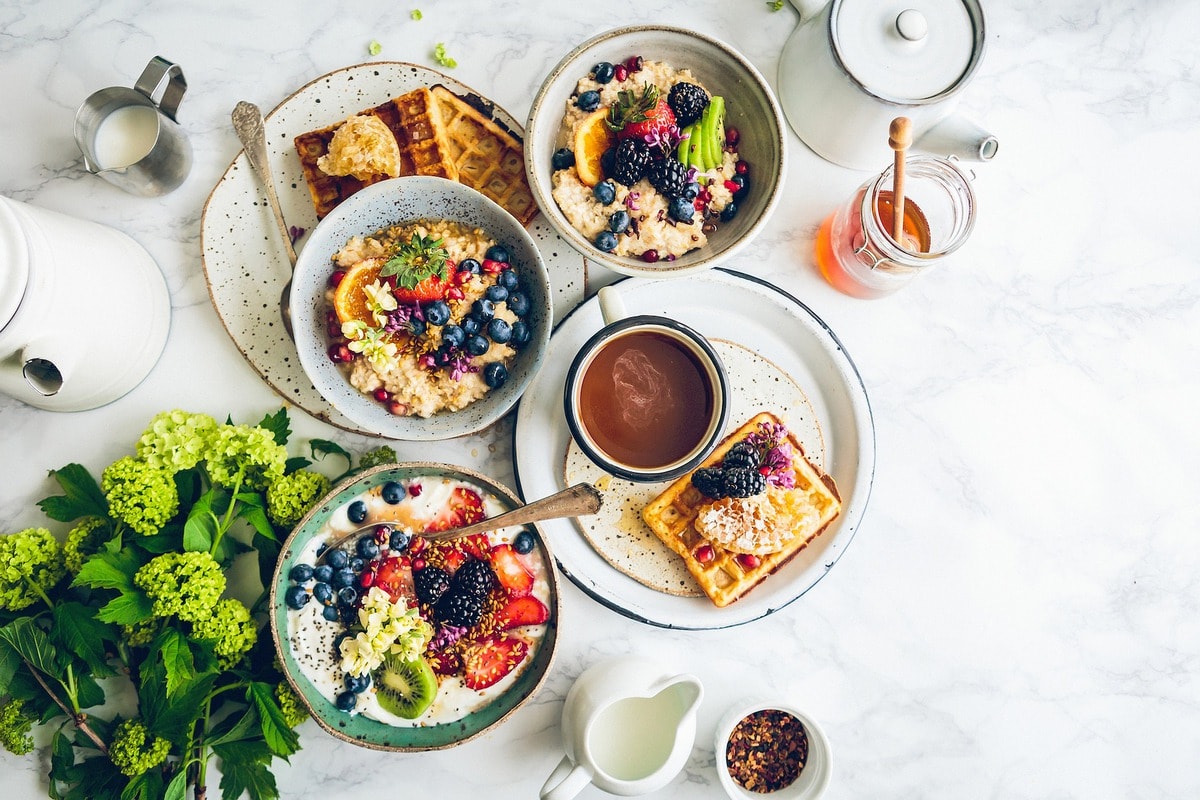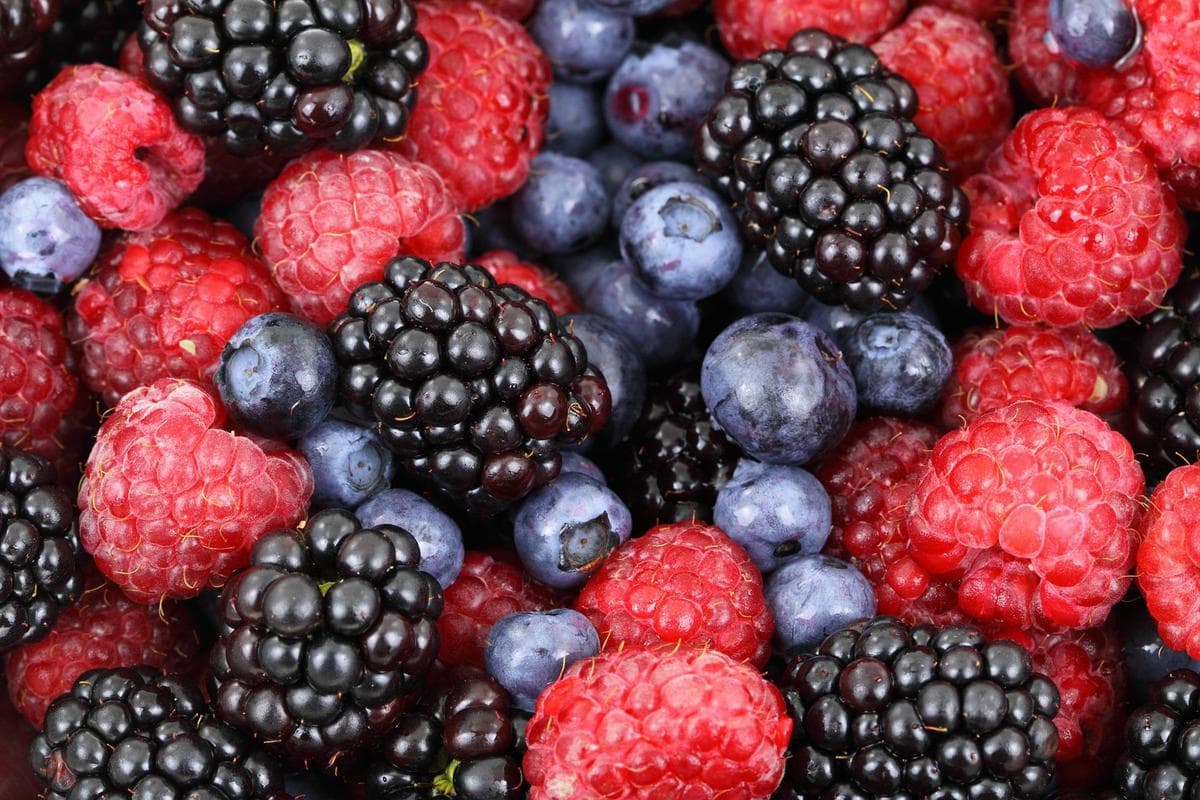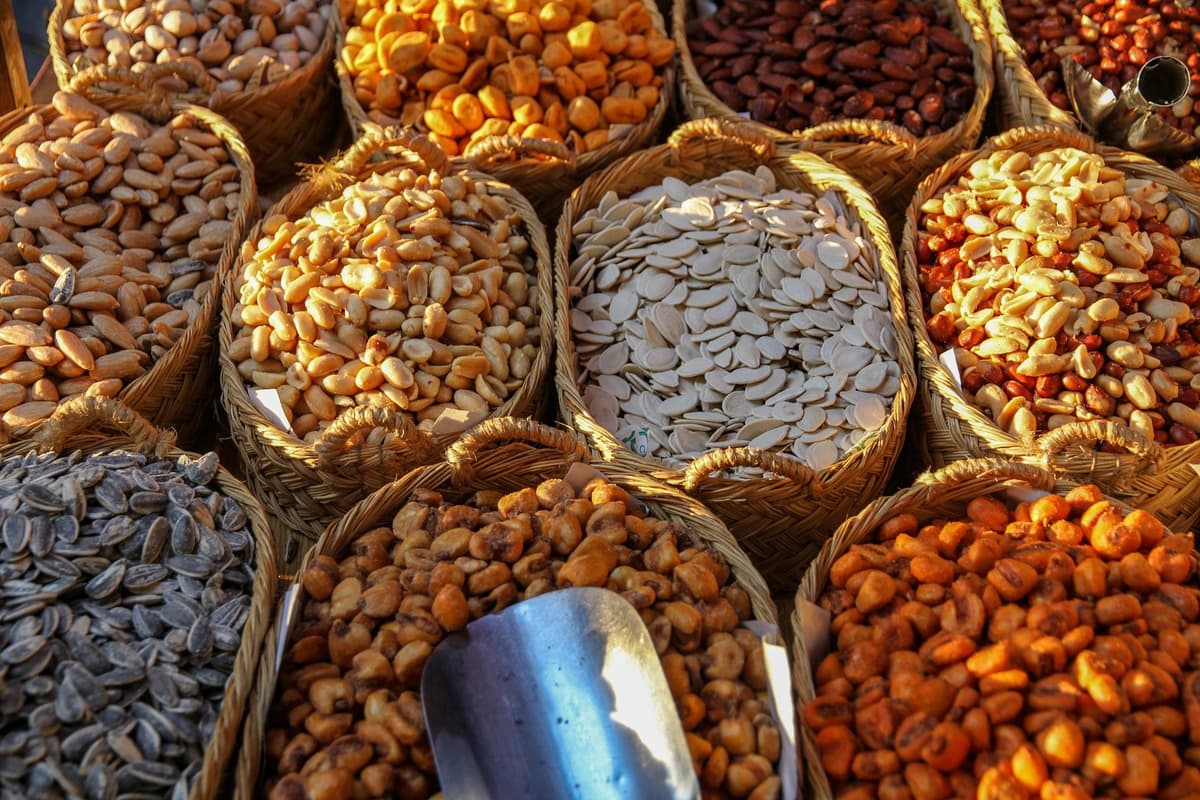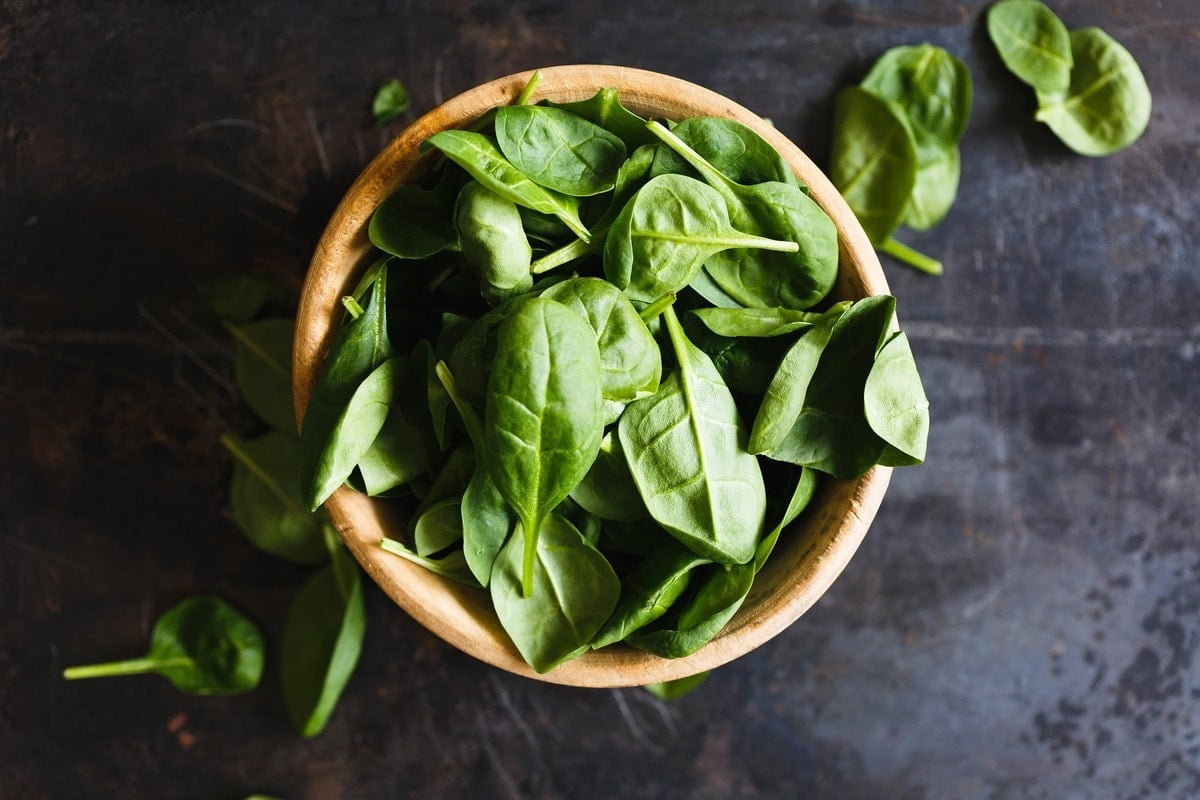
10 Foods to Help Boost Your Mood
10 Foods to Help Boost Your Mood
10 Foods to Help Boost Your Mood: Prioritizing smarter food choices doesn’t have to just be about body weight or image but you can also use food to help boost your mood, improve overall brain health, and reduce the effects of some common mood disorders such as those associated with depression.

Can Foods Really Help to Boost Your Mood?
You can achieve this by enriching your diet with fruits, vegetables, nuts, foods with fatty acids, and more. However, implementing these foods into your diet should be met with a decreased intake of overly processed foods including those with high calorie and sugar counts.
Eating foods that better your health and your mood doesn’t have to be difficult. In fact, many of these mood-boosting foods may already be a part of your diet even without knowing their true benefits. Keep reading to learn more about some of the foods you already enjoy as well as some great foods to start enjoying for a better mood.

Here are the 10 foods you can add to your diet to improve your brain health and boost your mood:
1. Coffee
We all know the joy of grabbing a coffee from a coffee shop or making it just how you like it at home. What we don’t know is that this coffee is doing more than just giving us a mental break from our day.
The caffeine in coffee actually releases mood-boosting neurotransmitters such as dopamine and norepinephrine. Not only that but it also prevents a compound called adenosine from attaching to receptors in the brain that cause tiredness which helps to keep you more alert and attentive. Check out delicious coffee-infused recipes here.
2. Berries
Berries offer lots of antioxidants that have been linked to helping manage inflammation associated with depression. Fresh or frozen berries work to achieve the mood boost you need.
Just a fun fact, the purple and blue pigment of berries is caused by anthocyanins which have been shown to lower the risk of depression when implemented in the diet. Blueberries are known to have the most antioxidants and taste great alone, in a smoothie, or on top of yogurt. Here are a few recipes that include berries on our site.

3. Fatty Fish
Fatty fish such as salmon or tuna are rich in docosahexaenoic acid and eicosatetraenoic acid which are two omega-3 fatty acids that are linked to lowering depression. Omega-3 fatty acids help promote brain development and cell signaling as well. You can also reap the benefits of fatty acids from fish oil commonly found in pill vitamin form.
4. Beans and Lentils
Beans and lentils are a great source of vitamin B which helps to boost neurotransmitters such as serotonin, norepinephrine, and dopamine which help to regulate your mood. Vitamin B also helps to promote communication between nerve cells while low levels of vitamin B12 have been linked to disorders such as depression.
5. Whole Grains
Whole grains and high fiber foods are great alternatives to products with refined sugars or flour. Oats are a great source of whole grains and can be enjoyed in a variety of ways. The fiber in oats can help to digest carbs, support a gradual release of sugar into the bloodstream which helps to maintain stable energy levels. Women should get around 25 grams of fiber daily and men should get around 35 grams daily. This can be achieved in through other whole-grain foods such as whole-grain loaves of bread and pasta without refined sugars.

6. Chocolate
We all love chocolate but lucky for us it’s also extremely rich in mood boosting-compounds. The sugar in chocolate is a great source of fuel for the brain. Other compounds such as caffeine, theobromine, and N-Acylethanolamine are also linked to improving mood. Its pleasurable taste, texture, and smell have also been found to promote a good mood.
Take advantage of this mood-boosting treat by enjoying a piece of chocolate or even a nice cup of hot cocoa. Or if you’re feeling fancy, try dark chocolate which offers more antioxidants than milk chocolate!
7. Vegetables
Vegetables, similar to fruits, have been shown to correlate with reduced risk depression. Vegetables offer a variety of vitamins, minerals, and fibers that can boost your mood and protect against mood disorders such as depression. You should aim for 2-3 cups of vegetables daily.
8. Nuts and Seeds
Nuts and seeds are great because they offer protein, healthy fats, and fiber. Nuts and seeds also create tryptophan which is an amino acid that produces serotonin. You can reap these benefits by eating almonds, peanuts, cashews, pumpkin seeds, sunflower seeds, and so many others. Try to aim for at least 1 oz of nuts a day.

9. Fermented Foods
Beyond working to heal your gut, fermented foods such as yogurt, kombucha, kimchi, or sauerkraut can work to boost your mood. The fermentation process for these foods allow live bacteria to grow and create probiotics that support the growth of healthy bacteria in your gut and increase serotonin.
10. Leafy Greens
Leafy greens such as spinach are a great option for boosting your mood. Leafy greens contain the mineral magnesium which helps to reduce anxiety. Eating leafy greens daily can help promote overall brain health and boost your mood through the reduction of anxiety. Whether you’re sneaking them into smoothies or enjoying a nice salad you should begin to include leafy greens into your diet.

The Bottom Line
Sometimes we can feel down but opting for healthier, whole foods over overly processed, high sugar, and high-calorie foods can work to help boost your mood. While it can be difficult to include all of these mood-boosting foods into your diet, even adding in small amounts can start to improve your brain health as well as your mental health.
Not only will the implementation of some of the above foods into your diet boost your mood but they can also work to boost your overall health. Combined with adequate sleep and exercise, these foods can help you to create a well-rounded diet. Good luck!
10 Foods to Help Boost Your Mood.


LOVE THIS RECIPE?
LET US KNOW!